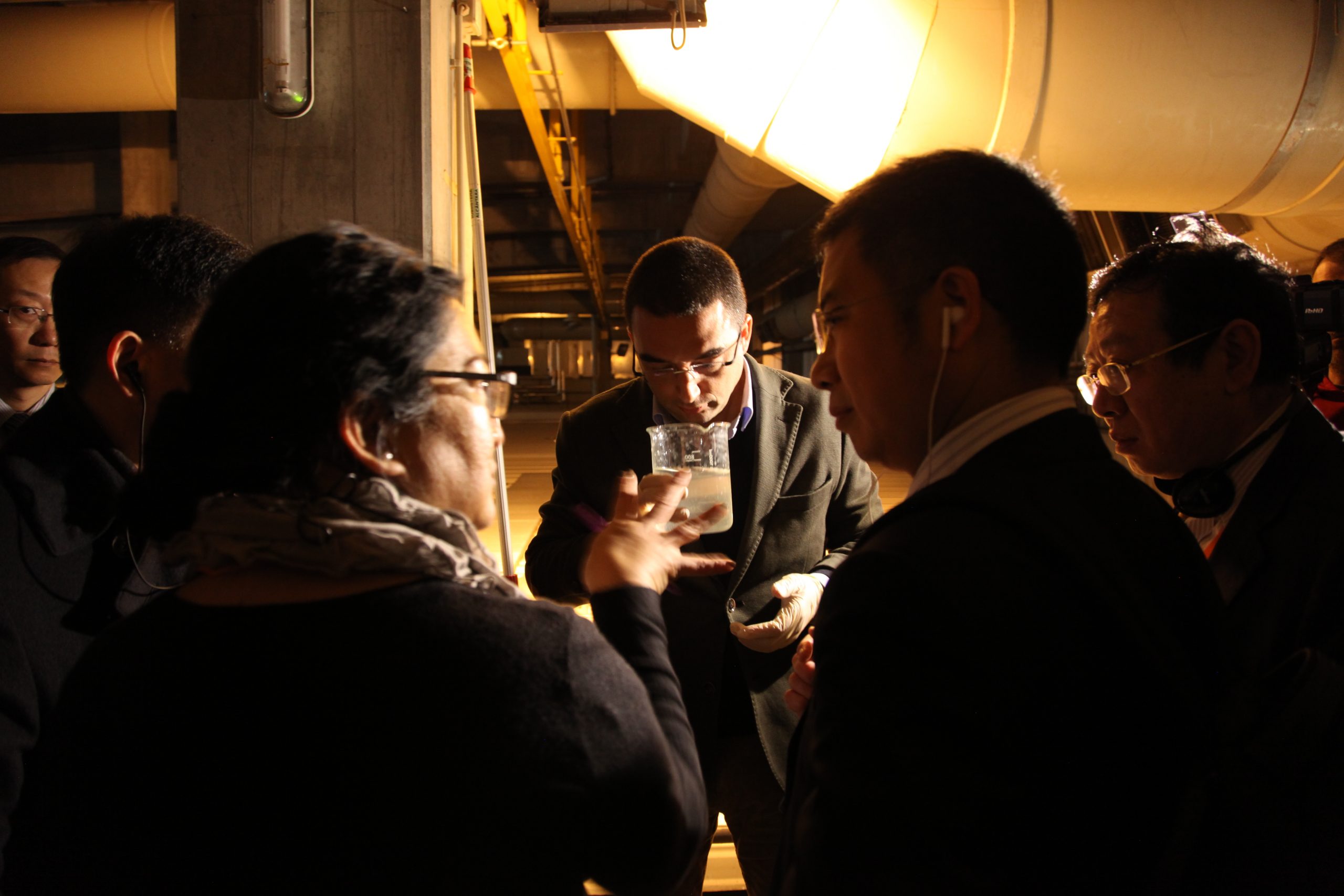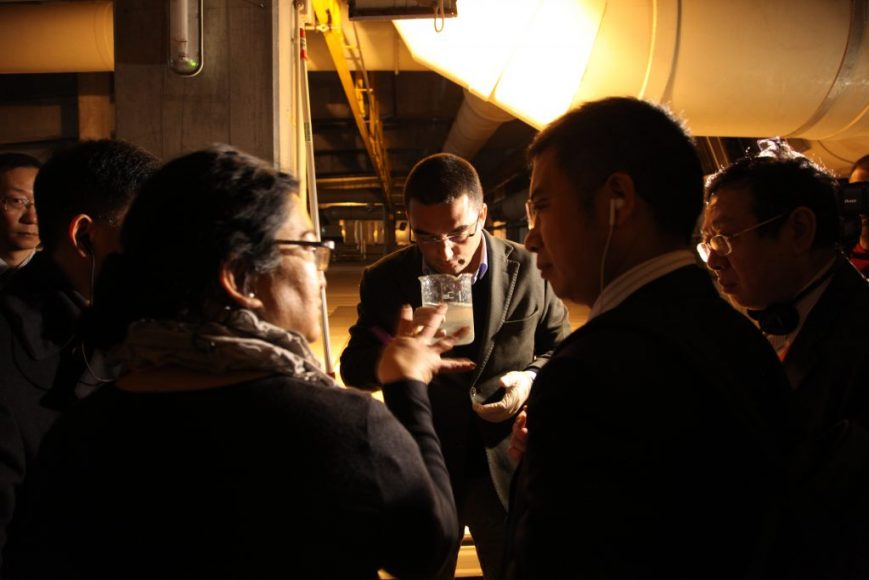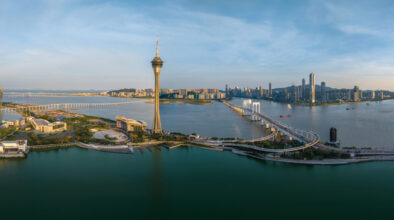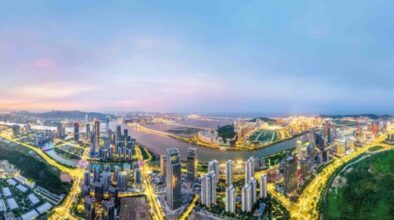TEXT Natasha Pereira Lubaszewski in Lisbon
Learning new environmental techniques and regulations to meet the goal of uniting development and sustainability.
In mid‑March this year, the Macao Trade and Investment Promotion Institute (IPIM) organised a Chinese commercial mission to Europe to learn more about the green industry there. Speaking to Macao Magazine shortly before the delegation’s closing dinner held in Lisbon, Jackson Chang, president of IPIM emphasised the value of fostering connections: “It is necessary to develop and maximise the advantages of the role of Macao as a bridge between the Chinese provinces and the Community of Portuguese Language Countries [CPLP],”
In his closing speech, Chang advocated the need to foster knowledge about the green industry, taking the opportunity to recall the deep historical roots that bind Portugal and Macao. Macao organised the latest edition of the Macao International Environmental Co‑operation Forum & Exhibition (2018MIECF) in April around the theme “Shaping of Eco‑Cities for Inclusive Green Economy.”
Chang also stressed the need for “coordination between socio‑economic progress and preservation of the environment,” noting that building an entirely sustainable city is part of the goals laid out in China’s most recent Five‑Year Plan, in effect through 2020.
In her speech, Maria João Veiga Gomes, advisor of the Portuguese Investment and Foreign Trade Agency (AICEP Portugal Global), described this initiative as “an opportunity for Portuguese companies to expand their internationalisation.” The IPIM mission to Portugal, which ran 14–16 March, is the latest in a series of initiatives which began last year with the departure of a delegation to Brazil for a knowledge exchange on watershed management in the Amazon. Gomes also noted China’s plans include a target of 15 per cent of energy consumption from renewable sources by 2020, doubling to 30 per cent by 2050.
On the sidelines of the dinner, which brought together over 200 people, including government and business leaders from the nine Chinese provinces and two Special Administrative Regions of the Pan‑Pearl River Delta (PPRD), IPIM President Chang said, “Portuguese companies have rich experiences and very advanced techniques that can serve as a reference, a good tool for Chinese companies.” Portugal, he said, could be a “co‑operation partner, thus developing a partnership between Portuguese and Chinese companies.” He also noted that partnerships with some of the “more outwardly oriented” Portuguese companies could prove “very useful” to the Belt and Road Initiative (BRI).
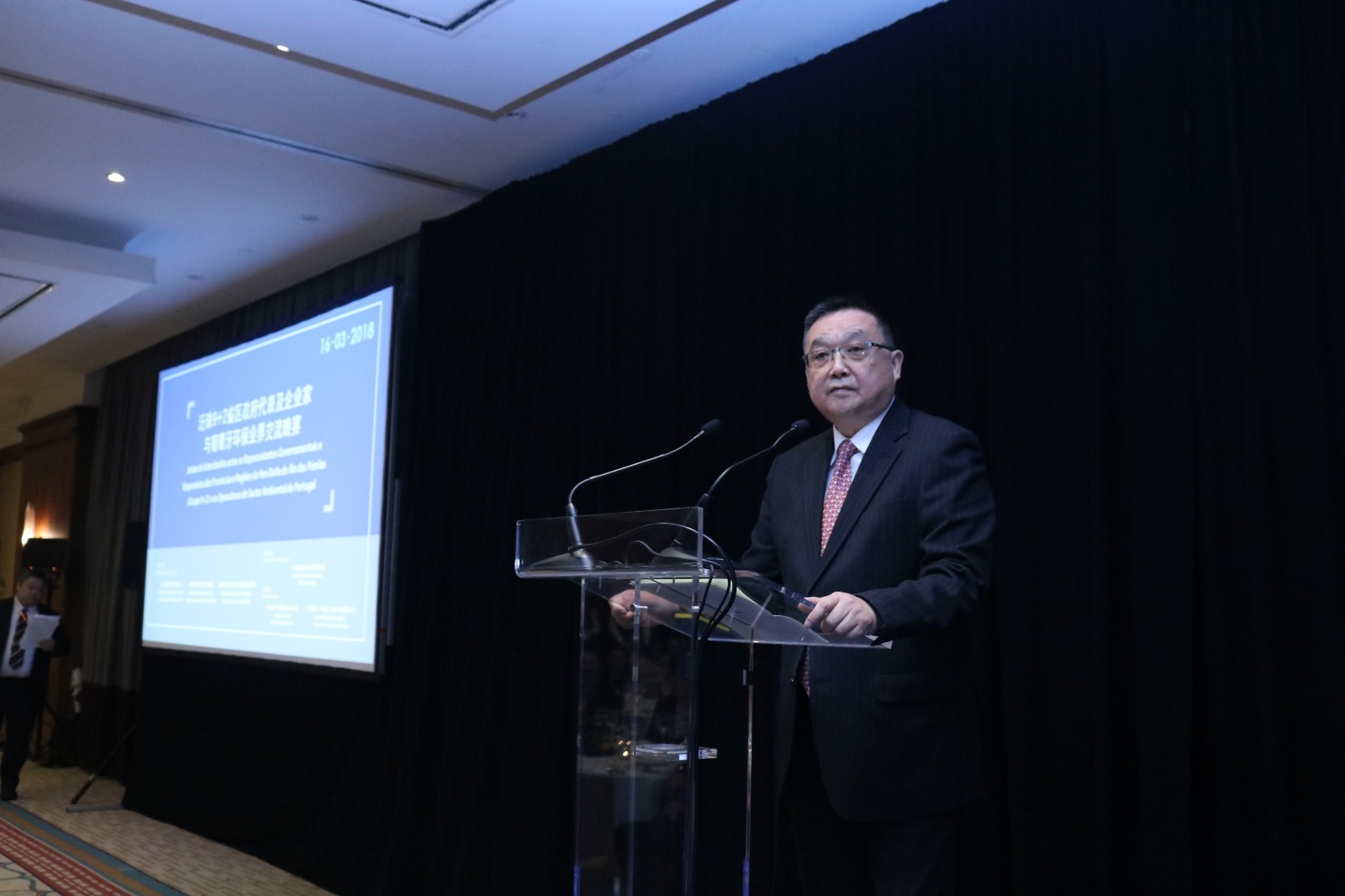

Launched in 2013, the BRI seeks to expand on the ancient Silk Road, transforming it into a modern infrastructure and trade network connecting East and West. To draw in Portuguese‑speaking countries (PSC), China has leveraged Macao’s existing role as a platform for economic and trade co‑operation with the PSC. Portugal signed the first memorandum of co‑operation with China in June 2017, taking an active role in the initiative, in part to facilitate the type of economic and trade co‑operation and exchanges that characterised the IPIM‑organised mission.
China’s plans include a target of 15 per cent of energy consumption from renewable sources by 2020, doubling to 30 per cent by 2050.
According to Chang, the main purpose of the said mission had been fulfilled: to follow the latest technologies and techniques in the area of environmental protection. He pointed to the visit made to the Portuguese Environment Agency, stating that their presentation on the regimes of volatile organic compounds gave delegation members insight on the “very comprehensive and integrated policy regime” already implemented by the European Union.
Chang noted that “in addition to the national Belt and Road Initiative and the service platform between China and Portuguese‑speaking countries, we still have a large project called the Greater Bay Area, which aims to develop the metropolitan area of the Pearl River Delta region. As such, after 2018MIECF, we would like to organise a visit with a delegation that includes Chinese, Portuguese, and European companies to Liuzhou, in the Guangxi Zhuang Autonomous Region in China, to promote ties.”
Among the IPIM delegation were representatives from every part of the PPRD: Fujian, Jiangxi, Hunan, Guangzhou, Guangxi, Hainan, Sichuan, Guizhou and Yunnan provinces, along with Hong Kong and Macao.
Before Lisbon, the delegation stopped in Germany, where they visited three other companies and city councils as part of their mission to exchange experiences and possibilities for partnerships and investments in the area of environmental protection.

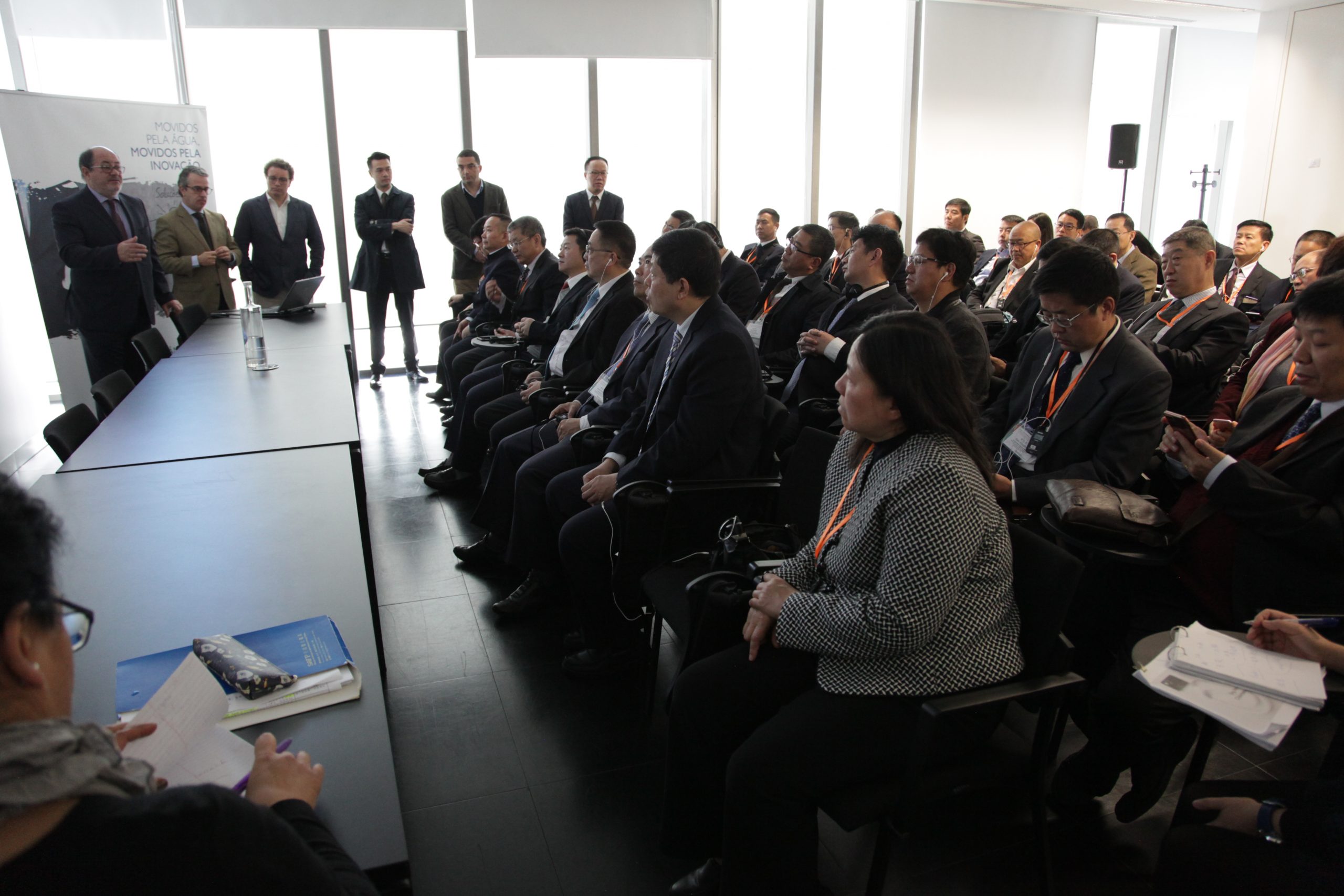
Clean water model
Ambassador Cai Run received the delegates during their visit to the Chinese Embassy in Portugal. He described Sino‑Portuguese relations as currently being one of the best periods in history and noted that Chinese‑owned enterprises are well‑positioned to explore investment opportunities in Portugal, namely in the areas of infrastructure, electric vehicles, and cultivation of Chinese herbs for medicinal use.
The focus of this visit, however, centred on wastewater treatment, with the mission touring a number of Portuguese companies and public institutions. The delegation visited Águas de Portugal, a water and wastewater treatment company. During the visit, representatives from Guangxi province were keen to understand how to adapt the types of treatment used by the company in rural areas, further away from urban centres. They praised the company’s inclusion of mud in its approach, defending the importance of returning mud to nature as the closure of the cycle and signalling a desire to put these techniques into practice at home.
Exchange activities continued with BEWG ‑ Be Water and Ecoserviços, two companies using cutting‑edge technology in the environmental area. Both are active in Africa – projects that drew great interest from some delegates and highlighted the value of expanding into new markets, with new partners. Many Portuguese companies recognise massive potential for both in the BRI.
However, the visit to the Portuguese Environment Agency (APA) aroused even greater interest from the delegates. During his speech, APA President Nuno Lacasta addressed the importance of Sino‑Lusophone co‑operation and noted that the EU is a world leader in terms of environmental regulation.
According to Lacasta, nearly the entire population of Portugal – 97 per cent – had access to quality water in just 15 years, a feat considered by many to be the “Portuguese miracle.” Today, Portugal ranks among the top countries in Europe for water quality. While Lacasta touted the successes in Europe, he does believe that they need to rethink waste treatment internally and described China’s decision to restrict the import of untreated waste into the Chinese market as a game changer.
Adapting control measures
The visit proved fruitful, with delegates from the various regions and provinces engaging with Portuguese experts, demonstrating interest and understanding of this complex matter. They learned firsthand that Portugal strictly monitors and limits the use of volatile organic compounds (VOCs) in order to reduce the emission of hazardous substances and reduce air pollution, a valuable model for an area eager to improve its environmental standards.
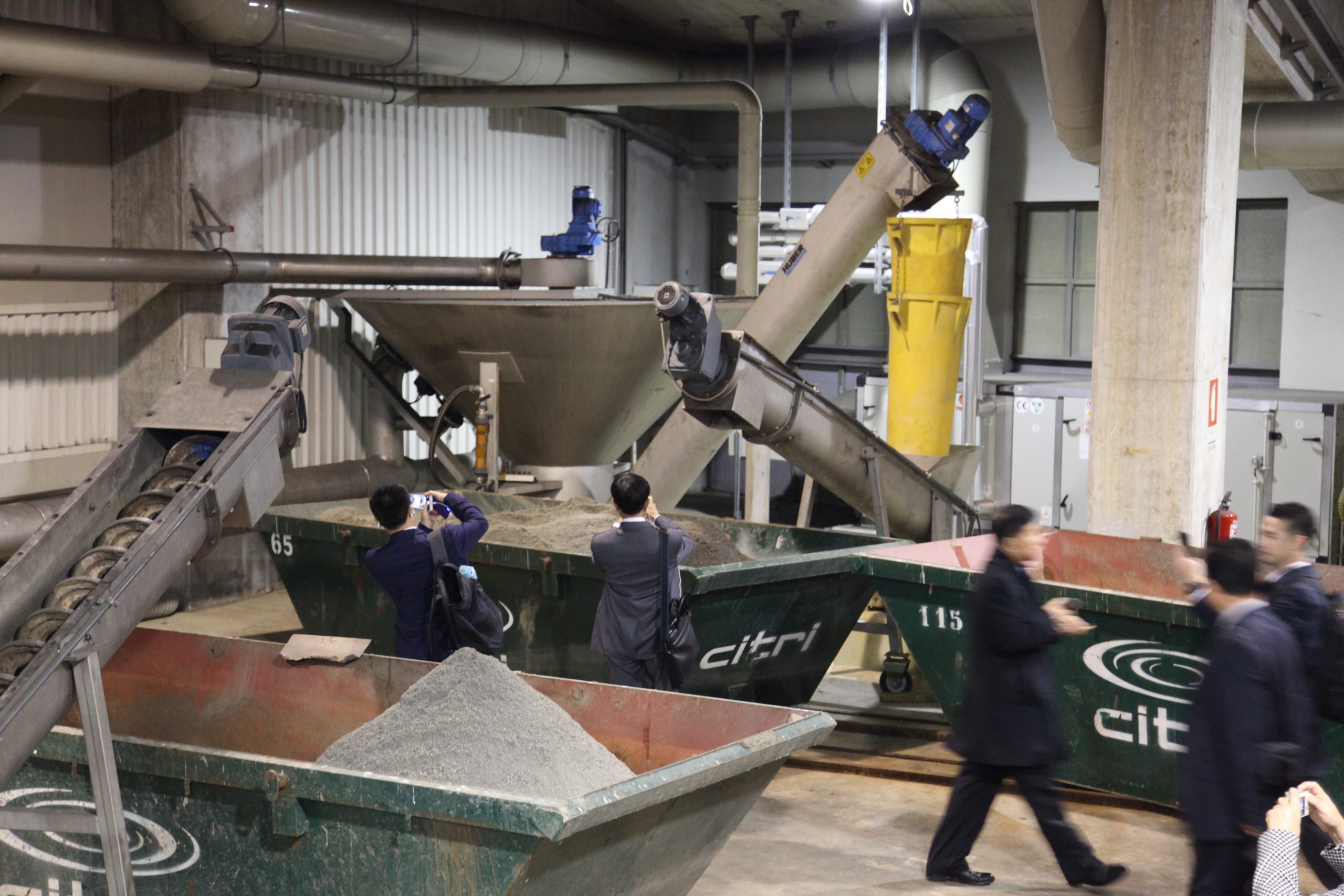
Control measures include obliging industrial units that contain VOCs to complete a form and report their use of solvents; compelling fuel stations to install equipment to recycle VOCs on their own; and requiring the packaging and labelling of paint for buildings or vehicles containing VOCs to clearly identify their components. In order to ensure that the legislation accompanies the development of society, the practical application of legislation is assessed every five years and a transitional period is granted whenever new legislation emerges, avoiding unnecessary confusion in the industry.
Portugal attaches great importance to the treatment of hazardous waste, and their experience benefits members of the PPRD, providing insight on advanced technology in the environmental protection sector and exchanging views on the legislative measures inherent in the use and control of VOCs. According to IPIM President Chang, this exchange proved particularly educational since “China is still starting in this field and doesn’t have yet this kind of improved laws and regulations.”
Visits like this one help expose new techniques and methods that can be adapted to the different contexts of the provinces and regions of the Pan‑Pearl River Delta, bolstering their efforts to meet the goal of uniting development and sustainability laid out in the 13th Five‑Year Plan.
